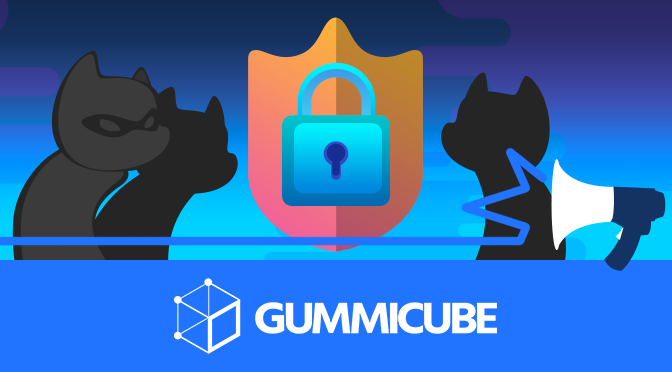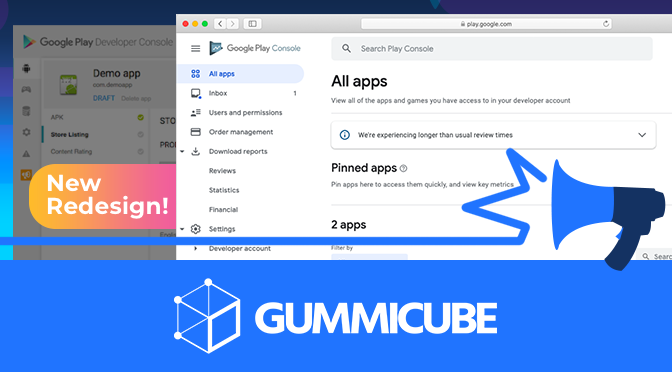
App Store Holiday Schedule 2020
Posted on November 23rd, 2020
When is the App Store Holiday Schedule 2020? Learn about the dates of this year's shutdown and how to prepare.

Apple has been facing legal challenges with how it manages the App Store. In addition to antitrust inquiries from the European Union, it has been battling in the Apple v. Pepper suit. The Supreme Court is letting the lawsuit proceed and rejected Apple’s arguments, and while the case is in its early stages, it could have a major impact on the App Store.
The lawsuit alleges that Apple has “unlawfully monopolized the aftermarket for iPhone apps” and unfairly driven up app prices by forcing developers to overpay. By requiring iOS users to buy apps through the App Store and charging developers a 30% commission, the plaintiffs claim, Apple was adding a mandatory fee that was passed on to consumers.
Apple’s response was that iOS users are buying apps from developers, while the developers themselves were the App Store’s customers. Since “indirect purchasers” can’t file antitrust cases, the app buyers couldn’t sue Apple.
In a ruling from the Supreme Court, the justices voted 5-4 in favor of the lawsuit proceeding. Justice Kavanaugh stated: “A claim that a monopolistic retailer (here, Apple) has used its monopoly to overcharge consumers is a classic antitrust claim… the plaintiffs purchased apps directly from Apple and therefore are direct purchasers.” This is only in regards to the merit of the lawsuits – the case itself has yet to play out.
If Apple loses, it could potentially have to repay anyone who was overcharged due to the markup or even allow users to buy apps from outside the Apple App Store for their iOS devices. While the case has only begun moving forward, the potential impact on the app ecosystem could be large-scale.
In a response to the ruling, Apple stated:
“We’re proud to have created the safest, most secure and trusted platform for customers and a great business opportunity for all developers around the world. Developers set the price they want to charge for their app and Apple has no role in that. The vast majority of apps on the App Store are free and Apple gets nothing from them. The only instance where Apple shares in revenue is if the developer chooses to sell digital services through the App Store.
Developers have a number of platforms to choose from to deliver their software — from other apps stores, to Smart TVs to gaming consoles — and we work hard every day to make our store the best, safest and most competitive in the world.”
Depending on how the lawsuit itself concludes, it could vastly shift how the App Store works. Large app developers have expressed displeasure with Apple’s 30% cut of the profits from app purchases, with developers like Netflix trying to move away from making payments through the App Store at all.
If Apple is forced to reduce or remove the tax, it could result in apps lowering the prices for their subscriptions or in-app purchases. Developers like Spotify and Netflix, who have adjusted their apps so users must subscribe directly through the website, could resume offering their subscriptions directly through the apps without Apple taking a portion of the profit.
It is also possible that Apple could be required to enable users to download apps from outside the App Store. This would be similar to what the Google Play Store currently does; it still takes a portion of the profits, but developers are also free to sell their apps through other sites. Apps like Fortnite have removed themselves from the Play Store entirely to avoid the fee.
Whichever the end result may be, App Store Optimization will continue to be vital to an app’s success. If Apple loses, it will be important to follow and understand the trends in the changing store and remain optimized as the market changes. Keeping up with developments and trends is always important for ASO, but a huge shift in the apps that are available in and outside of the store will be a major shift to stay on top of.
If developers offer apps outside of the App Store, they’ll still want to include a version available on it in order to maintain discovery and downloads; mobile games like Fortnite can afford to go off of the store if they achieve enough popularity, but very few apps have that freedom and level of success.
As such, apps will still need to use ASO to compete on the App Store. Lowered prices can win over new users who were previously turned away by the cost, so paid apps can reach new users by advertising “New, low prices.” Free apps may face extra competition when paid apps become cheaper, so they should utilize App Store Optimization best practices to stand out from their competitors and win over users.
Win or lose, the results of this court case could have a major impact on the App Store. No matter how it changes, App Store Optimization can help developers make sure their apps compete and maintain a strong placement in the App Store.

When is the App Store Holiday Schedule 2020? Learn about the dates of this year's shutdown and how to prepare.

Apple's App Store Guidelines have strict privacy requirements. Developers now must provide information to users on the App Store listing regarding the data they access.

The Google Play Developer Console has been updated with a new design and adjusted tools. What's different, and how will it impact App Store Optimization?